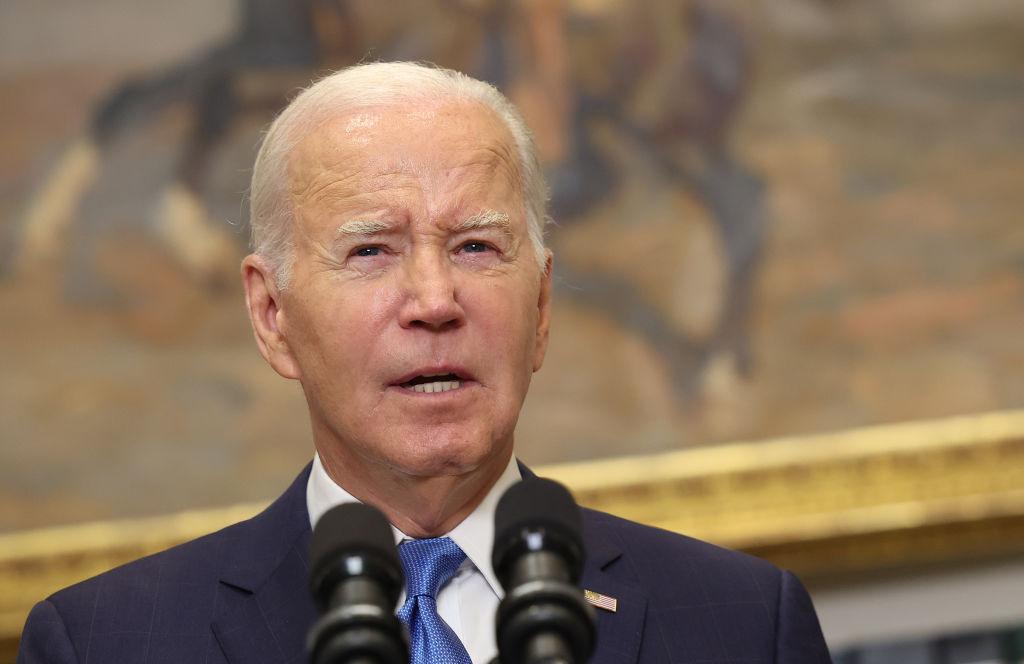The Biden administration proposed a new rule on Friday to undo a Trump-era executive order that would have made it easier to fire federal workers.
The White House’s Office of Personnel Management (OPM), which recruits, manages, and manages the benefits of federal employees, is proposing that civil service workers will retain their employee protections even if they are reassigned to a position with different or fewer protections. These employees, exempting political appointees, have the right to appeal any reassignment or firing. The vast majority of federal employees are not political appointees, and those being moved to such a status would retain their protections under the new rules.





